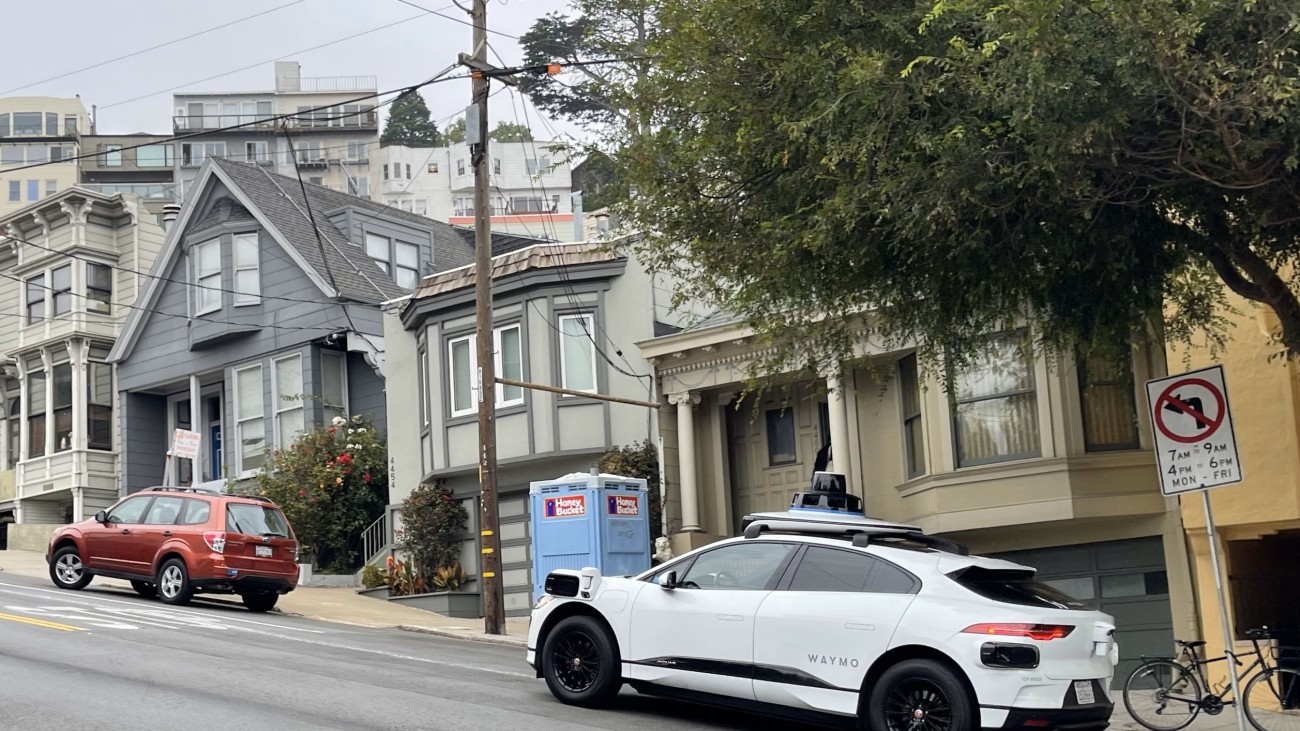
Earlier this month, the Transportation Authority approved “support and seek amendments” positions on three bills: Senate Bill 1031 (Wiener, Wahab) - also known as the Connect Bay Area Act - and Autonomous Vehicle safety and transparency bills Assembly Bill 1777 (Ting), Assembly Bill 3061 (Haney).
SB 1031 would authorize the Metropolitan Transportation Commission or qualified voter initiative to place a regional revenue measure before Bay Area voters with provisions for types and uses of revenue; designate MTC with transit Regional Network Management responsibilities for Bay Area transit services; require assessment of and a report for consolidation of Bay Area transit agencies; and modify the Bay Area’s existing Transportation Demand Management statute with key changes subject to voter approval.
AB 1777 would: require a manufacturer to certify that, among other things, the autonomous vehicle (AV) is capable of responding to and complying with requirements about communications between the manufacturer and emergency responders; address how AVs are expected to comply with California Vehicle Code traffic laws and consequences whenever a vehicle violates those laws; and it would require a manufacturer to submit to the Department of Motor Vehicles (DMV) a report summarizing permitted activities on a quarterly basis.
AB 3061 would: require AV manufacturers to report to the DMV any vehicle collision, traffic violation, or disengagement of the automated driving system in specified formats; allow the DMV to impose fines for violations of the reporting provisions; and it would authorize members of the public or public entities to submit an AV incident report to the DMV, among other provisions.
Our advocate in Sacramento also provided public comment in support of Senate Bill 915 (Cortese) at the April 23 Senate Transportation Committee meeting. SB 915 would require commercial AV services in a given jurisdiction to be authorized by a local ordinance in addition to securing any approvals required by the state.
These hearings are the first of many in the months-long legislative process, allowing for further input and refinements.
Resources
- Senators Wiener and Wahab Launch the Connect Bay Area Act
- Asm Committee To Consider Ting’s Legislation to Strengthen Public Safety When Autonomous Vehicles Operate On CA Streets
- New Bill Requires Self-Driving Cars to Report Accidents and Traffic Violations to DMV
- Bill By Senator Cortese Empowers Local Communities To Steer Driverless Car Safety